What To Expect
Iceland is a magical destination that invokes a sense of awe in every single person that gets a chance to see it in person. It is full of natural wonders like active volcanoes that give sustenance to exciting geysers and some of the finest hot springs in the world, as well as massive glaciers and icy lagoons that look like they’re straight out of a movie.
Most people start their trip in its capital city Reykjavik and use it as their base for exploring the rest of the island, but the city itself shouldn’t be overlooked! It’s a charming city with a lot of fun things to see and do for everyone.
However, the biggest draw for tourists is the natural landscapes and scenery that the island has to offer. Some of the most popular include the famous Blue Lagoon hot springs, the Golden Circle route full of geysers, waterfalls, beautiful countrysides, and historic sites, the immense Vatnajokull glacier, and the Jokulsarlon Glacier Lagoon.
So if you’ve ever wanted to see awe-inspiring glaciers and volcanoes with actively flowing lava up close on the same day, then take a dip in a famous volcanic hot spring before hitting the bars in Reykjavik and mingling with the eccentric Icelandic people, then Iceland is for you.
It’s not the cheapest destination, but if it’s within your budget, you won’t regret a trip here!
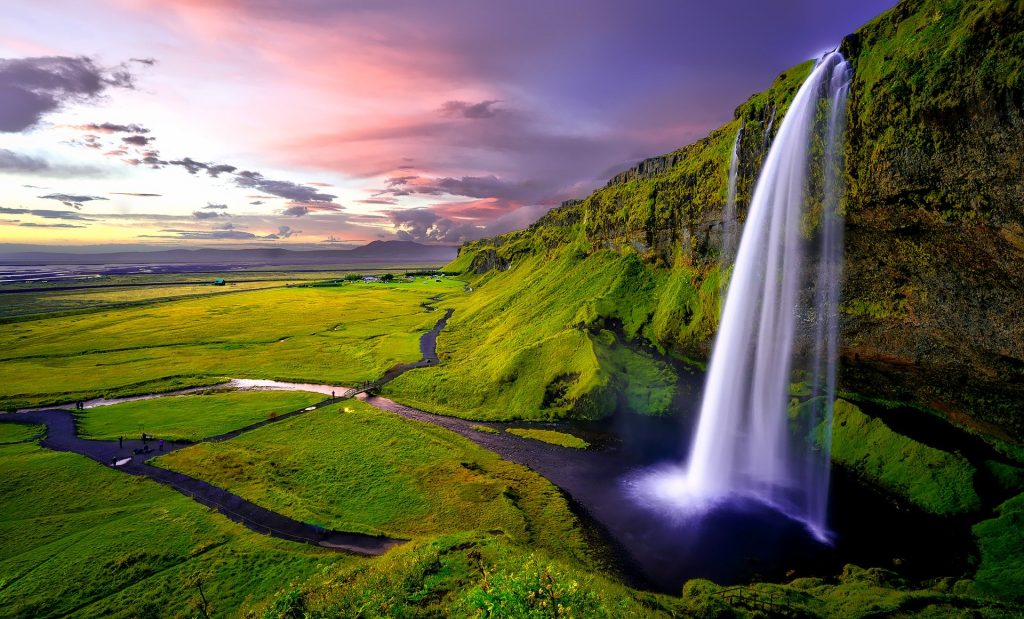
Iceland is part of the Schengen Area which has a single visa policy for all the countries that are in it. Citizens of most developed countries can enter the Schengen Area visa-free for up to 90 days in a 180 day period. If you are not a citizen of a visa-exempt country, you must go to the nearest Icelandic embassy and apply for a Schengen Visa to be granted entry.
There are no health risks in Iceland requiring any specific travel vaccinations for normal travelers. Make sure you are up to date on your standard vaccinations and consult a health professional for further advice.
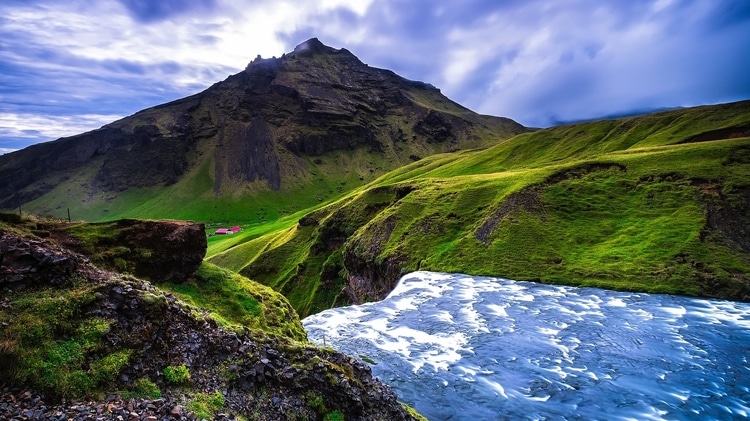
This page may contain affiliate links which means I get a small commission, at no extra cost to you, if you make a purchase with them. This helps keep the site running and the travel tips coming! For more info, check out my Privacy Policy & Disclosure.
Key Information
Population: 350 Thousand
Capital City: Reykjavik
Languages Spoken: Icelandic
Currency: Icelandic Króna (ISK/kr)
State Railway: None
Driving Side: Right
Largest Airports:
1. Reykjavik (KEF) – Keflavik
2. Reykjavik (RKV)
3. Egilsstaðir (EGS)
4. Akureyri (AEY)
5. Ísafjörður (IFJ)
Best Time To Visit
Due to its location near the Arctic Circle, Iceland has a subpolar oceanic climate characterized by cold winters and cool summers. In addition, the summer experiences almost 24 hours of sunlight whereas the winter is the exact opposite with only a few hours of sunlight every day.
Therefore, the best time to visit Iceland is during the summer (June – August) as this is when the weather is the warmest it will get and when you have the sunlight you need to really take in all the amazing sights that Iceland has to offer. If you want to see the Northern Lights however, then the winter will be your best bet. Just remember to bring a warm jacket!
If you do plan to travel in the summer, keep in mind that this is by far the most popular time to visit the country and it will be crowded. Make sure to book your transportation and accommodation in advance to avoid sold-out tickets and fully-booked rooms!
High Season: June – August
Low Season: October – April
Top 5 Destinations
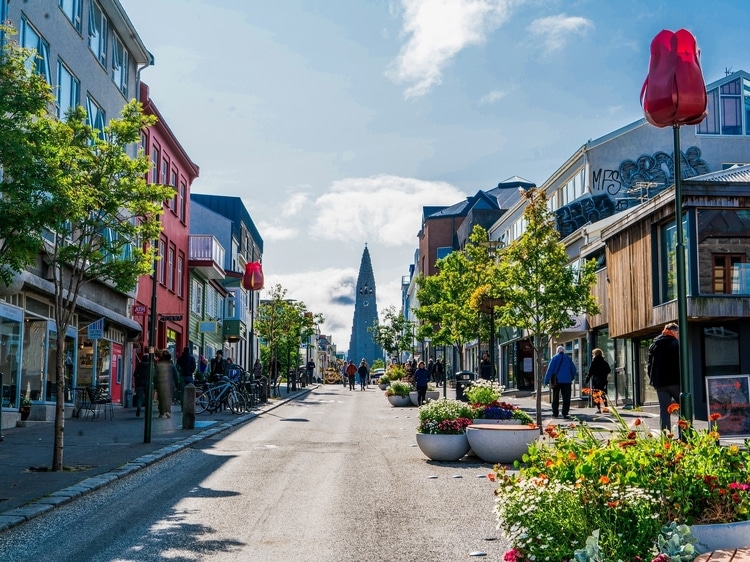
Reykjavik

Blue Lagoon
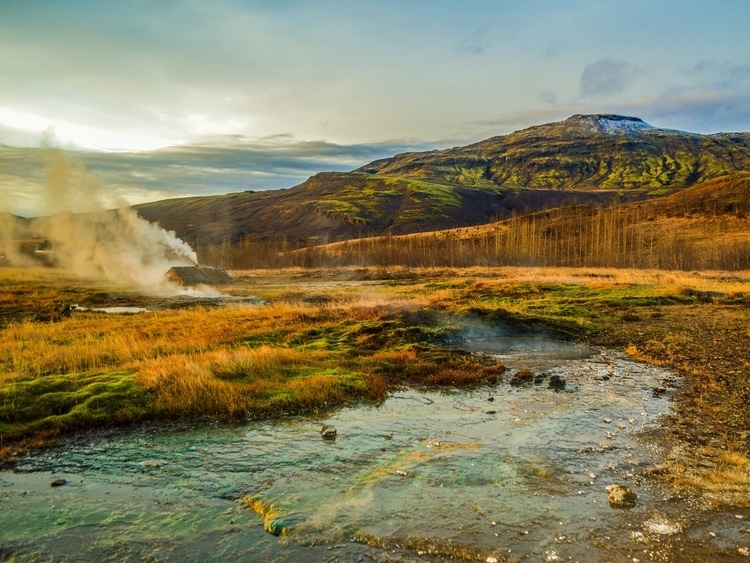
Golden Circle

Vatnajokull Park
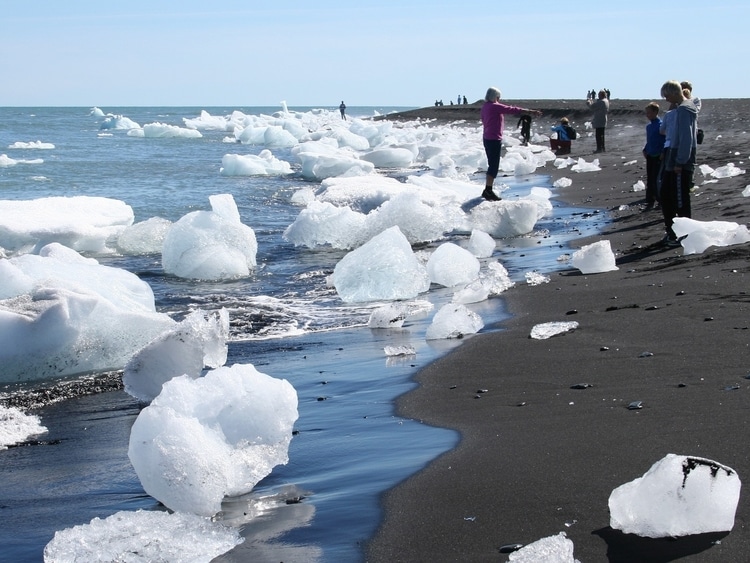
Jokulsarlon Lagoon
Currency Information
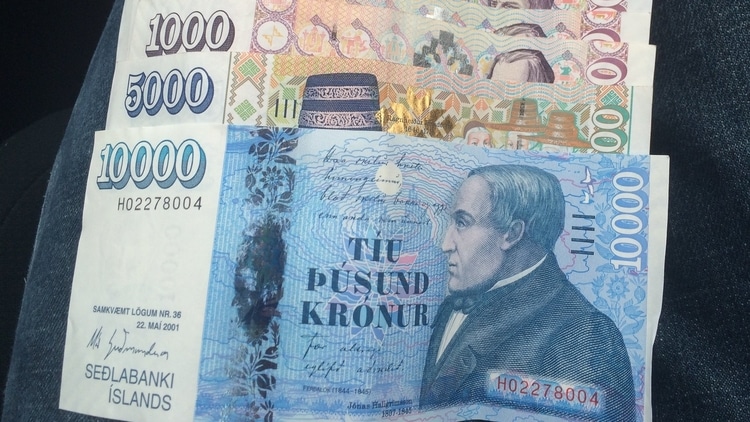
The currency used in Iceland is the Icelandic Króna (ISK/kr).
The notes come in denominations of 500 kr, 1000 kr, 2000 kr, 5000 kr, & 10,000 kr whereas the coins come in denominations of 1 kr, 5 kr, 10 kr, 50 kr, & 100 kr.
Use the currency converter below to determine the latest exchange rate.
Tipping Guide
Tipping is not customary in Iceland. However, if you wish to tip for good service, here are some guidelines to follow:
Hotel Bellhops: not expected
Hotel Housekeepers: not expected
Restaurant Servers: check the menu and bill to see if a service charge is already included and if not, then tip up to 10%
Bartenders: round up to the nearest multiple of 100
Taxi/Uber Driver: round up to the nearest multiple of 100
Tour Guide: up to 1500 kr per day of the tour
Note: any tips you do leave should be left in cash and given directly to the person you want it to go to.
Power Outlet Information

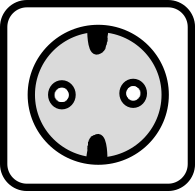
Just like most of Europe, Iceland uses the Type C power outlet. However, they also use the Type F outlet.
Type C & E plugs can fit in a Type F outlet as long as they are compatible. Make sure your Type C adapter is oval-shaped or you have a Type E/F adapter.
Get your compatible Type C & Type E/F adapter here.
The voltage used in Iceland is 230V. Learn more about how this may affect your electronic devices in my Guide to the Top Travel Accessories.
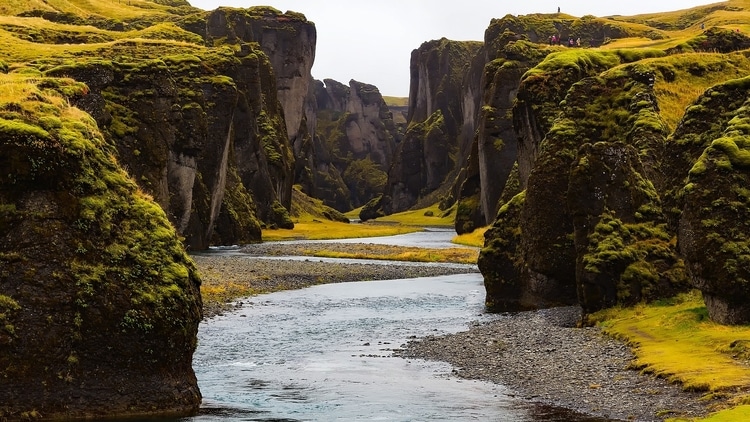
Cellphone Information
Iceland has good overall 4G LTE coverage, but it can be spotty in rural areas. Make sure your phone is GSM-compatible with the primary 3G frequency and 4G LTE band used in the country to ensure you will always have connection.
Learn more about this in my Guide to Travel-Ready Phones.
Information about local prepaid SIM cards in Iceland
Calling Code: +354
Emergency Numbers: 112 (Police, Ambulance, & Fire)
3G Frequency Used: 2100 (primary) + 900
4G LTE Bands Used: 3 (primary) + 20


